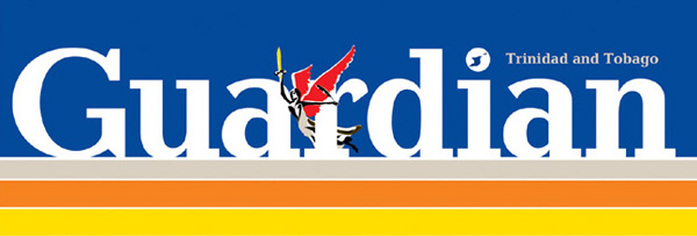In anthropological and cultural terms everyone is technically an intellectual. Paraphrasing what the famous Italian cultural Marxist Antonio Gramsci once said, some people may be intellectuals by profession, but everyone serves an intellectual function in the reproduction of culture and society.
Sociologists being “groupies” look at intellectuals through the lens of groups and in 3 mains ways. One is that intellectuals are a “class in themselves”. This means they are not linked to any economic class or other interests. They stand as a group apart. For ideals and righteousness, void of any corporate selfishness, corruption or personal interests.
Aside from Superman or maybe Jesus this first definition, as you might imagine, lacks evidence and lost its explanatory power by mid-20th century.
The second way is that intellectuals are “class bound”. This means that the different classes produce their own intellectuals organically. These persons emerge from, and are always in the end, tethered to, the socio-cultural terrain and ideas of the social relations from where they come.
For example, we might understand Bob Marley as an intellectual of the down trodden who also emerged from them. Sidestepping the influence of his lighter skin, his life experience – a lot of what he sang about – determined his interests. He was class bound because as many would like to think, the fame and fortune he had did not transform those first ideas, or what might be described as his worldview.
On the other side, Arthur Cipriani, who we also know fought for those without rights, could still be described as an organic intellectual of the bourgeoisie. This is because his allegiance to the colony and its masses was ultimately trumped by his loyalty to the foreign political and economic capitalist formation, or put another way – white, bourgeois, metropolitan, class interests.
Elma Francois, the leader of the working class organisation, the Negro Welfare, Cultural and Social Association (NWA), may have also thought this when she described Cipriani, as “Britain’s best policeman in the colonies”.
Cipriani was both a positive and negative instrument. He provided a space of change but ultimately was class bound because his actions maintained the reproduction of the long-term interests of the bourgeoisie and the economic subjugation of the masses.
The third sociological way to see intellectuals is as being “class-less” and unanchored. This means that because of education (broadly defined) intellectuals are supposedly able to change their group affiliations based on the knowledge they collect.
This means intellectuals can attach to classes they are not originally from or socially attached to. They have interests, and these can change. An example might be Arthur Lewis who moved from being pro worker in 1939 to being pro foreign capital in later years.
Over time the second and third sociological approaches blurred to dissolve any simple agreement about who are intellectuals and what’s their role. For now the definition is wide-ranging. Intellectuals can be many things, including, but not limited to: responsible critics, radicals, spoke persons for the elite, crusaders for the powerless, resistors of power, and architects of conservatism.
We should also identify phases of Caribbean Intellectualism such as Creole Nationalism, Caribbean Marxism, New World, and Caribbean Feminism. Noting that perhaps intellectualism is not regular or constant but rather comes in waves and historical hotspots.
These phases and hotspots raise the question, is there an intellectual phase today? Are we in a hotspot or is does it feel cold?
There are certainly many persons doing great things. And of course we might have different choices about who these people are. They may include those we work with, or see that others don’t, or persons in the public spotlight. The spaces are numerous. But can we talk of an historical hotspot?
And what is the University’s role in intellectualism? Do UWI, UTT and USC have an explicit role to play? Yes, they have a role to play, but the traditional values that sustained the ideals of public higher education have been eroded. Make and spend money yes, but this pressure makes them unable to foster any historical hotspot. One hopes this might change.
In the meantime then, perhaps the best way to answer the question, ‘what does an “intellectual” do?’ is in the way Gramsci would, and simply to ask each other: What do you do?
http://guardian.co.tt/columnist/2013-11-03/what-does-%E2%80%98intellectual%E2%80%99-do

 RSS Feed
RSS Feed